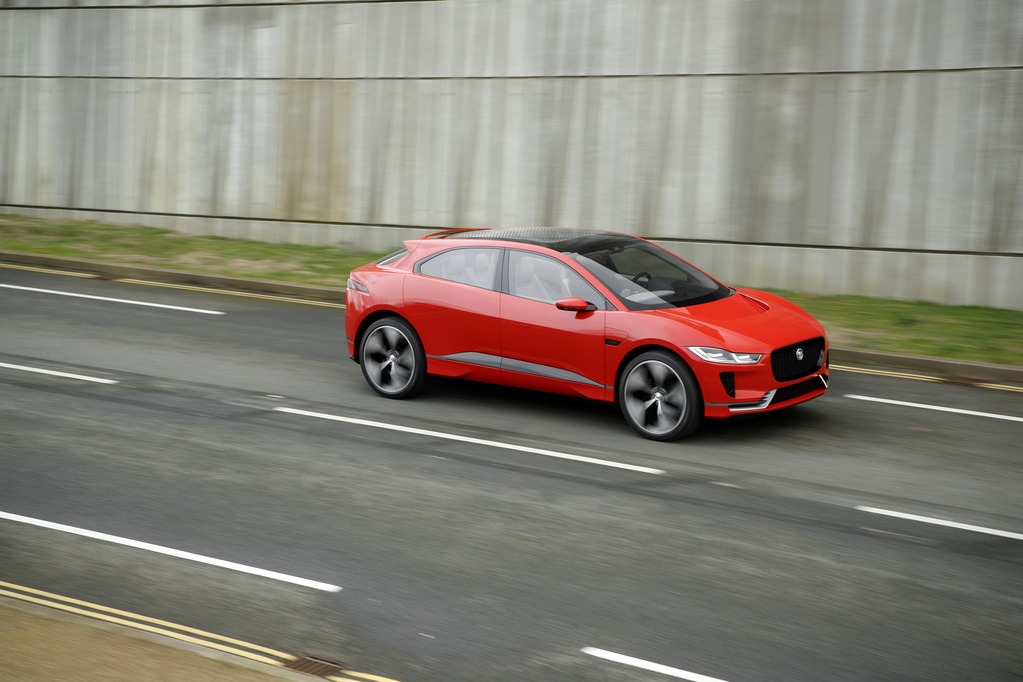Jaguar to reduce production as it looks to future with electric XJ
01 February 2018

01 February 2018
British car firm Jaguar Land Rover (JLR) has said it would temporarily reduce production at its factory in Halewood in response to weakening demand.
The company has blamed the downturn on both Brexit and the tax increases on diesel vehicles through the country’s vehicle excise duty (VED) scheme. The company’s sales in 2017 were flat, and it expects tough trading conditions to continue at least through 2018.
Halewood is one of three production sites in the UK and is responsible for the company’s Range Rover models. These are affected by new diesel taxes and will be even more so once new rules come into place in April 2018. Following VED rate rises in April last year, the UK government announced in its November budget that new diesel vehicles would be placed in a higher tax band for their first year of registration.
This could mean the first VED payment on a diesel Range Rover rising by anything from £40 (€46) to £400 (€458), which would put off new buyers.
′Following a review of planned volumes, we are planning to make some temporary adjustments to the production schedule at Halewood in Q2,’ JLR said in a statement.
UK car sales dropped by 5.3% in 2017, the first drop in the market since 2011. Much of this has been blamed on the demonisation of diesel and the effect of the country leaving the European Union, which is causing economic instabilities. It is no coincidence that the country’s market achieved higher than average sales for the first three months of the year before the VED rate changes came into force.
′It’s difficult to fathom the latest decision in the Budget,’ said JLR group sales operations director Andy Goss. ′I’m not saying it’s short-termism, but without other things in place like scrappage, it’s difficult to see an end-to-end decision process.’
Meanwhile, the company is planning to reinvent its flagship Jaguar XJ model as a fully electric car when the next generation is due to go on sale in 2019.
Autocar magazine reports that the company has debated over what sort of vehicle the next model should be and whether it should be renewed at all, as the rise of the SUV has impacted the luxury saloon market. However, remarketing the vehicle as fully electric will, the company hopes, reinvent the idea of what a luxury saloon is, while also allowing it to act as a high-tech flagship for Jaguar.
The XJ will not be the first electric Jaguar, as the company is preparing for the launch of its I-Pace SUV model in 2018. The manufacturer is touting this as the first long-range electric vehicle without a Tesla badge, and it is likely that the model will share some of its drivetrain architecture with the XJ.
Photograph courtesy of Jaguar